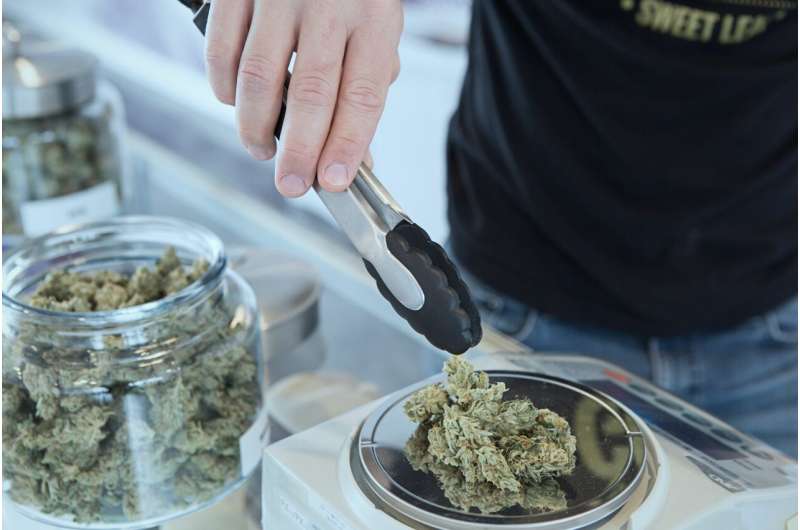Key Insights on Cannabis Use and the Risk of Psychosis

Increasing cannabis potency and regular use are linked to a higher risk of psychosis and schizophrenia. Understanding these risks is essential for public health and mental well-being.
Recent research highlights significant aspects of how cannabis use, especially high-potency strains, is linked to psychosis risk. Over the past two decades, the potency of cannabis, specifically its THC content, has increased dramatically—by nearly five times in places like Canada—rising from approximately 4% to 20%. This change plays a crucial role in the rising incidence of cannabis-related mental health issues.
Higher potency cannabis, particularly with THC levels exceeding 10%, has been associated with an increased likelihood of developing psychosis. The risk is further heightened among regular users, younger individuals, and males. Additionally, individuals with pre-existing mental health conditions such as depression or anxiety may face an even greater risk of adverse mental health outcomes linked to cannabis consumption.
Studies have demonstrated that cannabis-induced psychosis and cannabis use disorder substantially increase the risk of developing schizophrenia-spectrum disorders. For instance, data from Ontario revealed that individuals visiting the emergency department for cannabis use had a 14.3-fold higher risk of schizophrenia, with visits for cannabis-induced psychosis presenting an even more substantial 241.6-fold increase.
Addressing these issues involves stopping cannabis use and implementing appropriate treatment strategies. Continued cannabis consumption following a first episode of psychosis tends to lead to a higher chance of symptom recurrence. Antipsychotic medications can be effective in managing severe and prolonged symptoms.
Behavioral therapies also play a vital role in aiding cessation efforts. Techniques such as motivational interviewing and cognitive behavioral therapy can help individuals develop resistance to cravings and adhere to treatment plans.
As Dr. Nicholas Fabiano, a psychiatrist and researcher, emphasizes, "Cannabis from the 2000s is not the same as in 2025. The THC content has increased by five times, which is likely a significant factor linking cannabis use to schizophrenia." This underscores the importance of awareness about changing cannabis potency and its mental health implications.
For more detailed insights, refer to the original publication in the Canadian Medical Association Journal: [DOI: 10.1503/cmaj.250659].
Stay Updated with Mia's Feed
Get the latest health & wellness insights delivered straight to your inbox.
Related Articles
Innovative Innate Immune Checkpoint Inhibitor Demonstrates Potential Against Solid Tumors in Animal Studies
A groundbreaking innate immune checkpoint inhibitor shows promising results against solid tumors in preclinical rodent models, opening new possibilities in cancer immunotherapy.
Early Childhood Years: A Crucial Period to Prevent Overweight and Obesity
Early childhood is a critical period for preventing obesity later in life. New research highlights the importance of monitoring BMI during the first five years to intervene effectively and promote lifelong health.
Microglia Are the Key Players in Photoreceptor Damage Response in the Retina, Not Neutrophils
New research reveals that microglia, rather than neutrophils, are the primary immune cells responding to photoreceptor damage in the retina, offering insights into eye disease mechanisms and potential therapies.
Chikungunya in the UK: Essential Facts for Travelers About This Mosquito-Borne Virus
Learn essential information about Chikungunya, a mosquito-borne virus increasing among UK travelers, including symptoms, prevention strategies, and vaccination options to stay safe during your travels.



